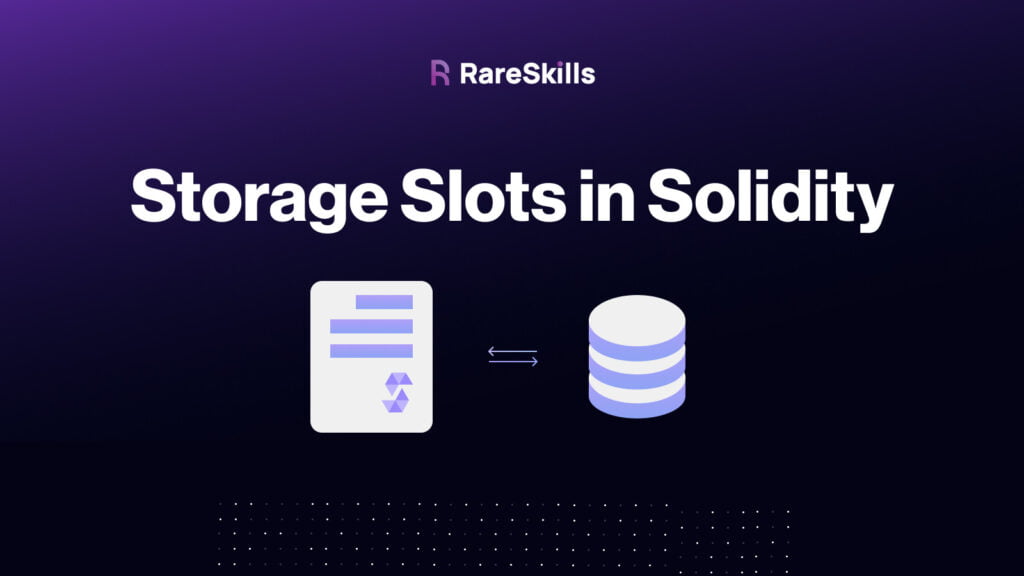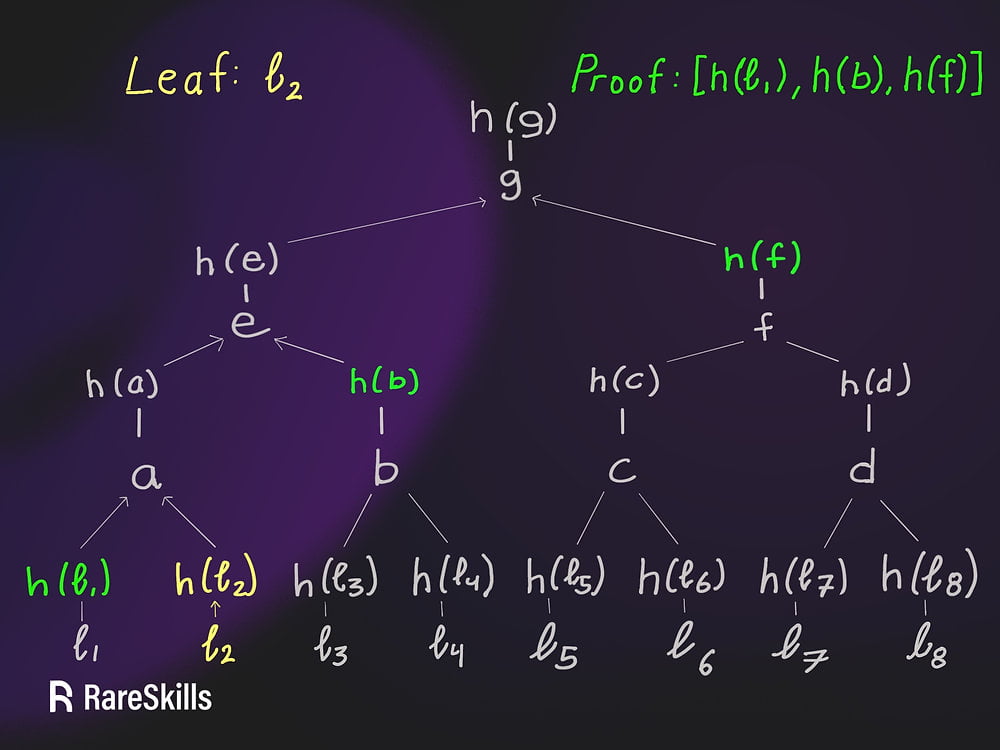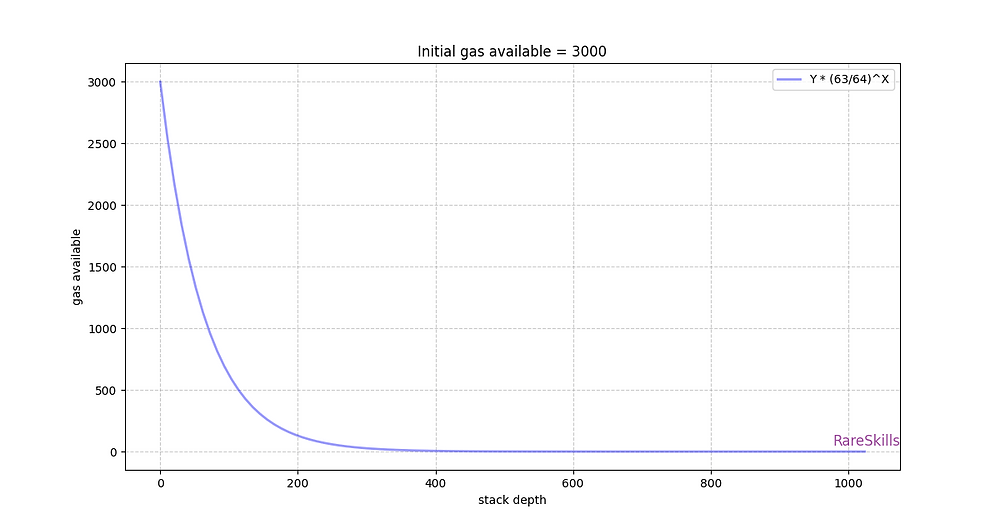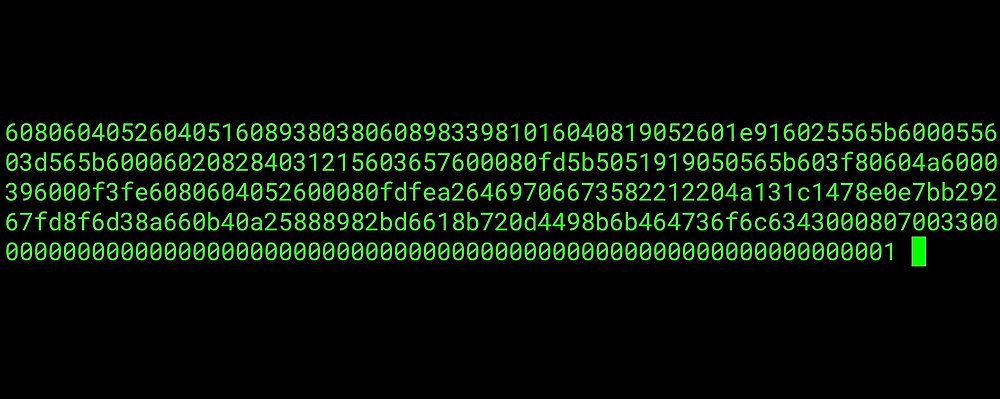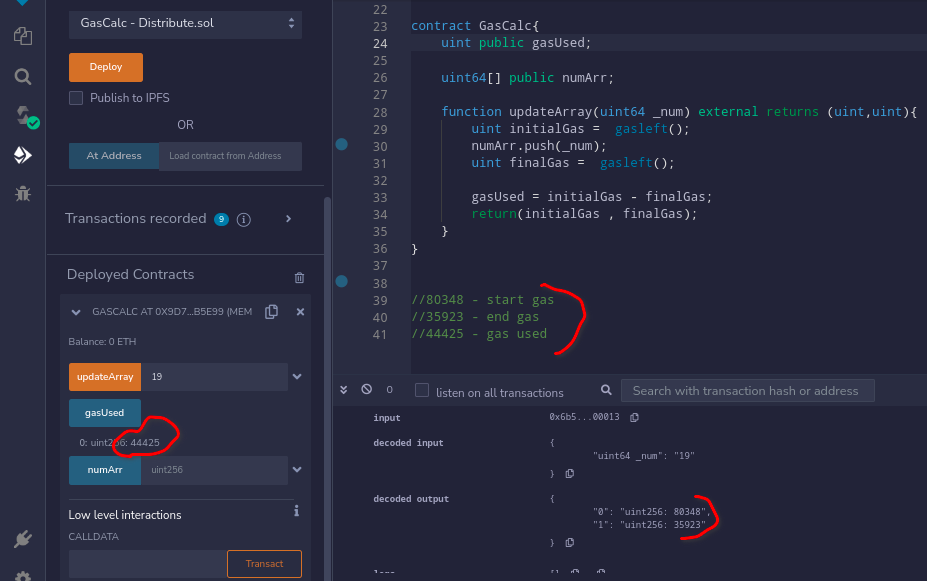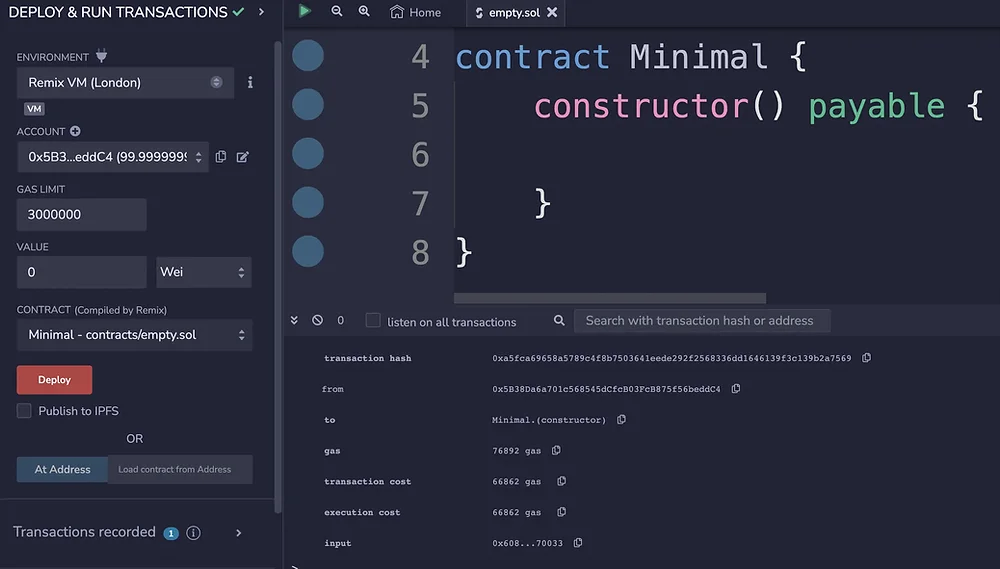Storage Slots in Solidity: Storage Allocation and Low-level assembly storage operations
Storage Slots in Solidity: Storage Allocation and Low-level assembly storage operations This article examines the storage architecture of the Ethereum Smart Contracts. It explains how variables are kept in the EVM storage and how to read and write to storage slots using low-level assembly (Yul). This information is a prerequisite to understanding how proxies in […]
